Why it Matters – 1st International Sustainable Development Goals Conference | I.M.A.M. Attends

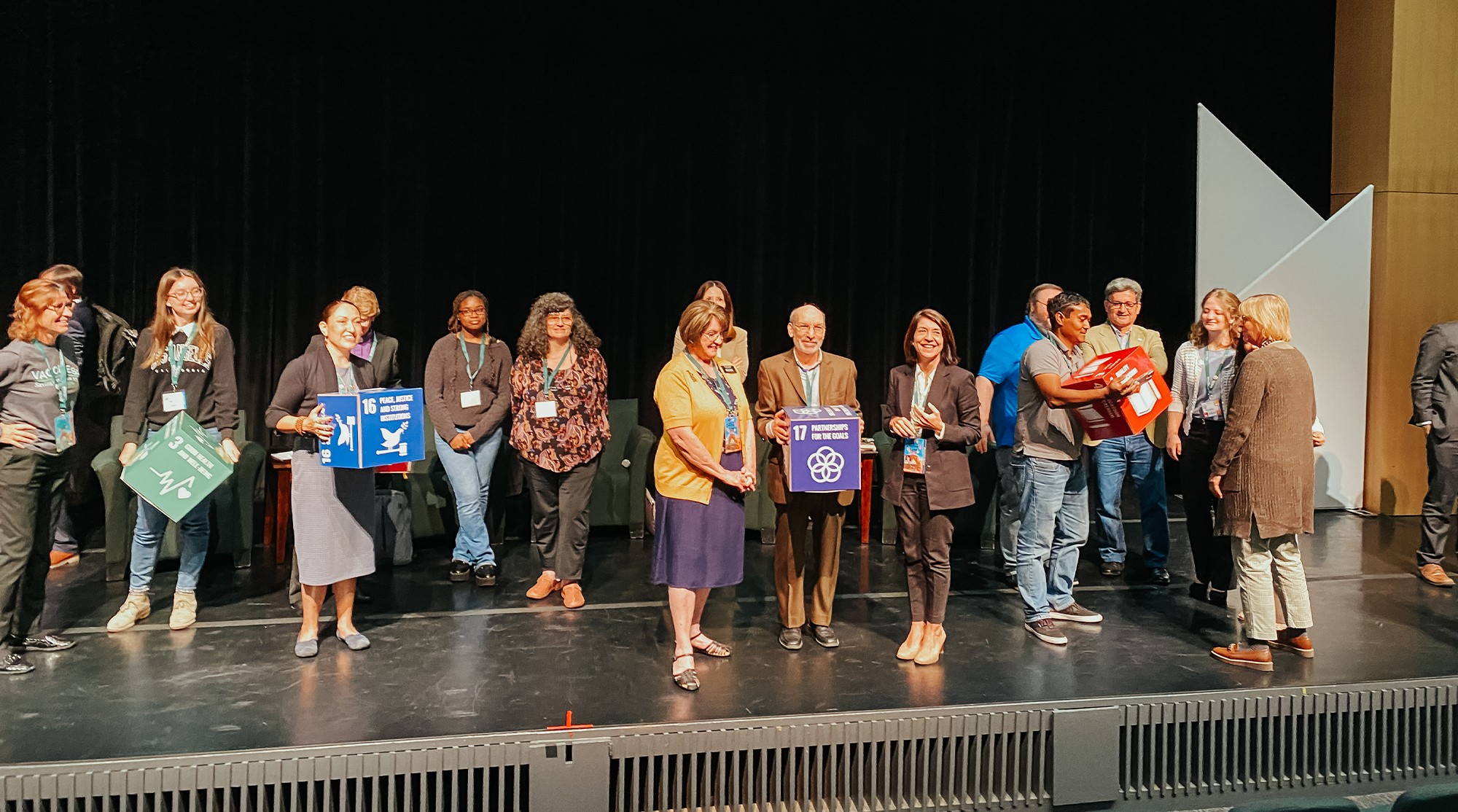
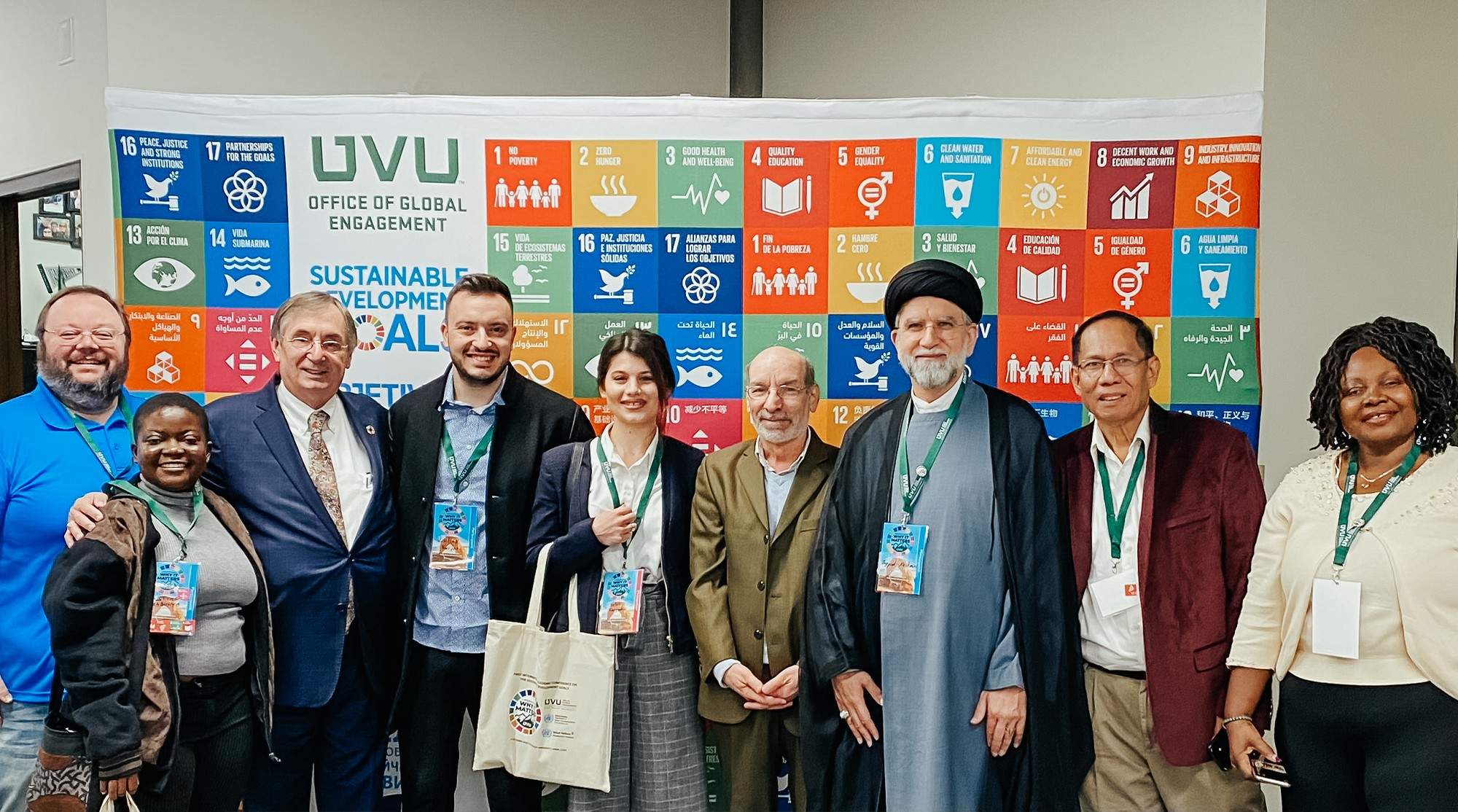
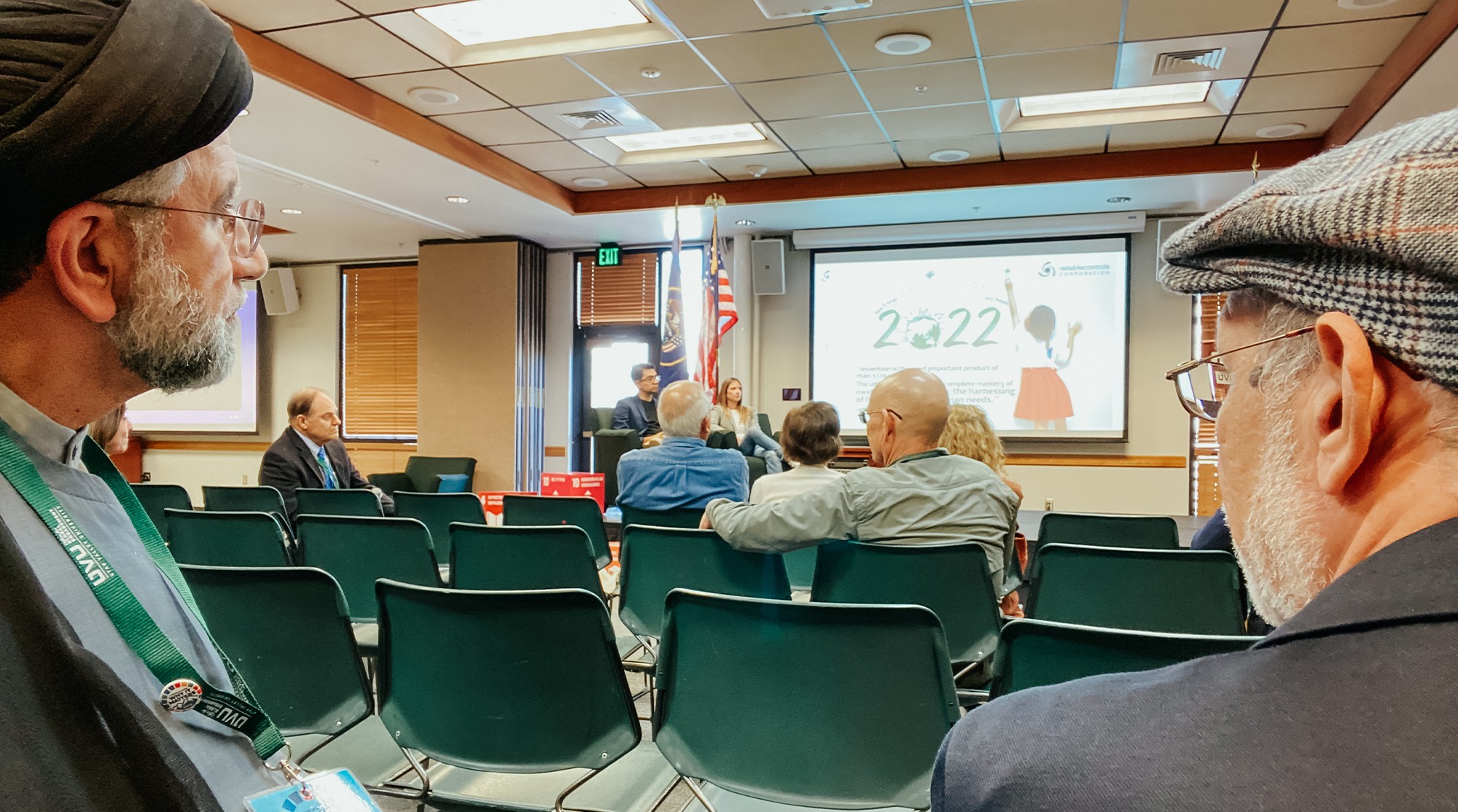
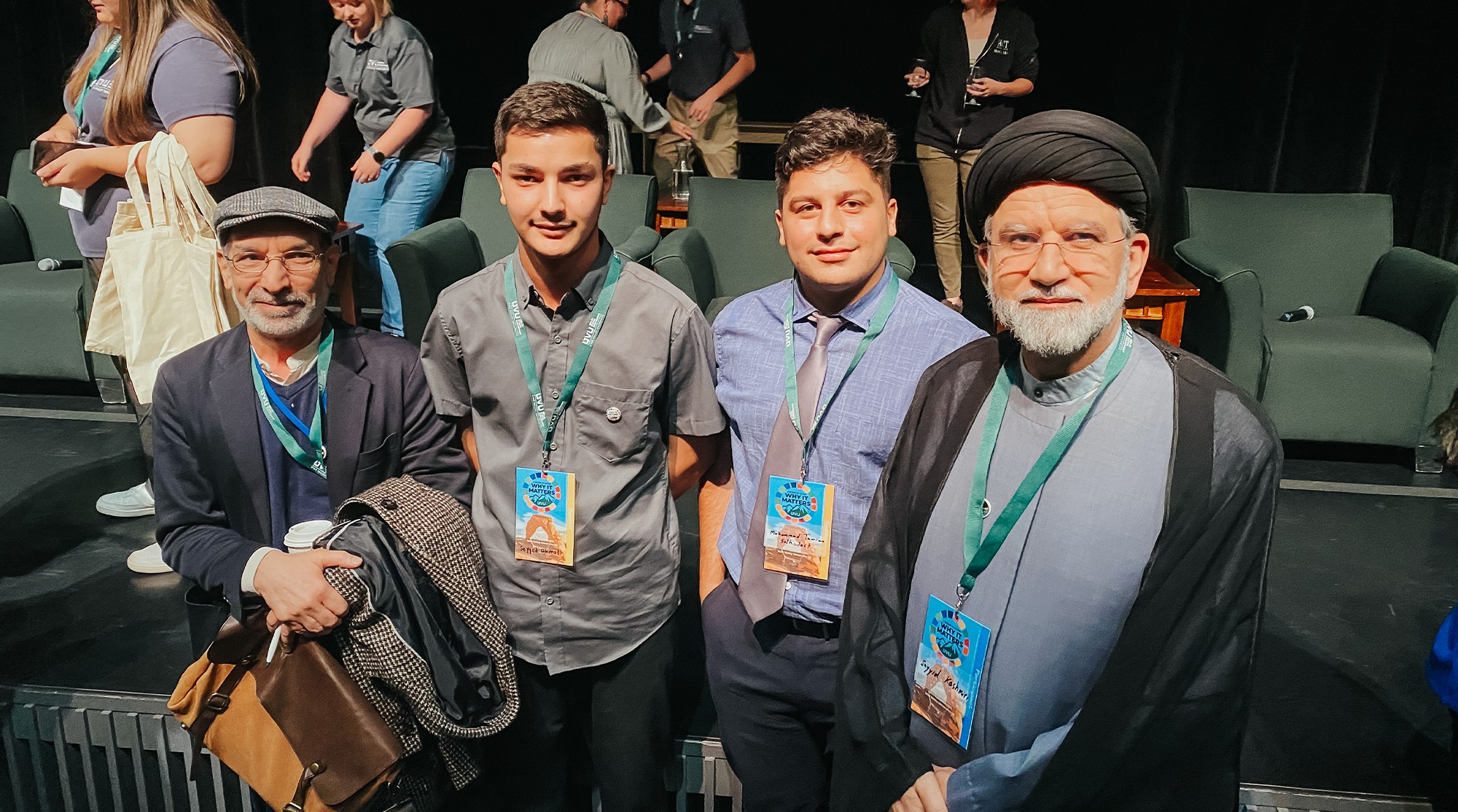
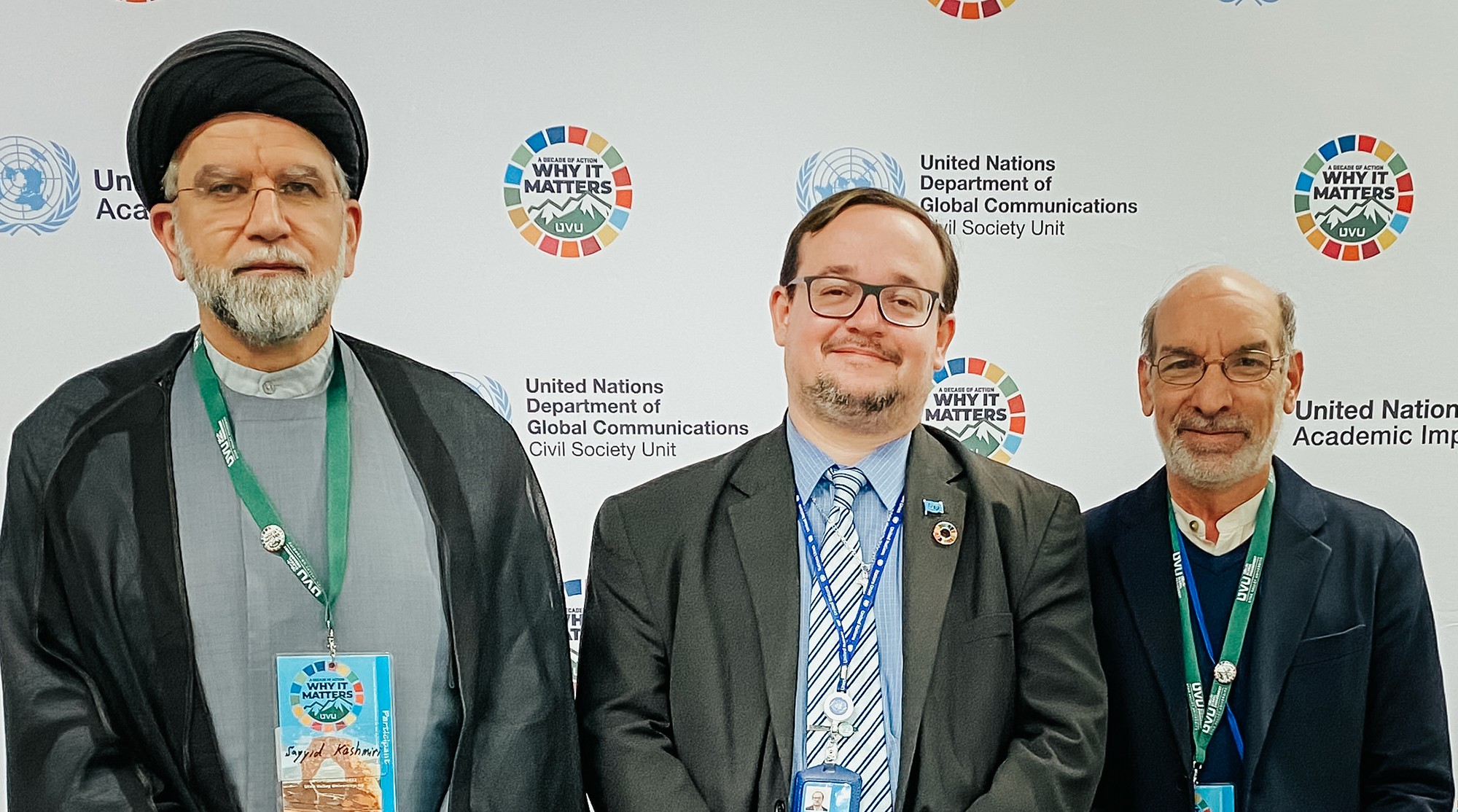
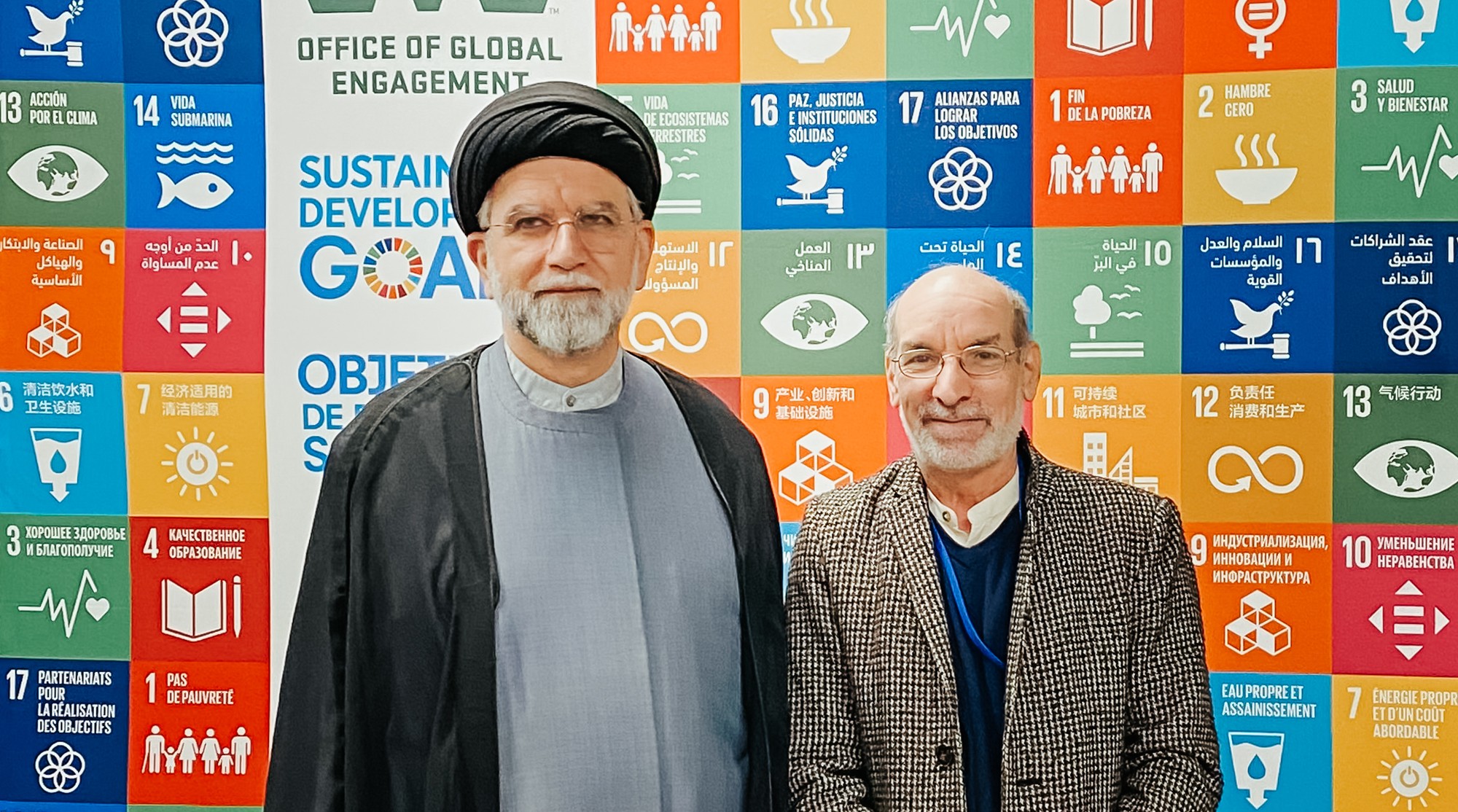
I.M.A.M. Attends the 1st International Academic Conference on Sustainable Development Goals – “Why it Matters”
A delegation from I.M.A.M., an active NGO with consultative status with the United Nations, led by Sayyid M.B. Kashmiri (Vice Chairman of I.M.A.M.) and Dr. Seyed Masoud Noori (I.M.A.M. representative to the UN) participated in the International Academic Conference on the Sustainable Development Goals – “Why it Matters” on October 5-7th, 2022, in Orem, Utah.
The Sustainable Development Goals (SDGs) are a collection of 17 interlinked global goals designed to be a “shared blueprint for peace and prosperity for people and the planet, now and into the future.” The SDGs were established in 2015 by the United Nations General Assembly (UN-GA) and are intended to be achieved by 2030. They are included in an UN-GA Resolution called the 2030 Agenda, colloquially known as Agenda 2030. The Goals are as follows:
Goal 1: No poverty
Goal 2: Zero hunger
Goal 3: Good Health and Well-being
Goal 4: Quality Education
Goal 5: Gender Equality
Goal 6: Clean Water and Sanitation
Goal 7: Affordable and Clean Energy
Goal 8: Decent Work and Economic Growth
Goal 9: Industry, Innovation, and Infrastructure
Goal 10: Reduce Inequality
Goal 11: Sustainable Cities and Communities
Goal 12: Responsible Consumption and Production
Goal 13: Climate Action
Goal 14: Life Below Water
Goal 15: Life on Land
Goal 16: Peace, Justice, and Strong Institutions
Goal 17: Partnership for the Goals
Per Islamic teachings, including the verse which says, “Cooperate with each other in righteousness and piety” [5:2], and the life and teachings of Prophet Muhammad (pbuh&hp), every agreement and benevolent activity deserve support.
Many of I.M.A.M.’s activities, including supportive measures for vulnerable groups, such as orphans, raising public awareness, and educational community cohesion activities, are coordinated with the UN Sustainable Development Goals (SDGs). I.M.A.M. also believes in strengthening interfaith and intrafaith dialogue and interdisciplinary cooperation.
Considering the aforementioned theoretical foundations and practical realities, I.M.A.M. has actively participated in this conference and will continue its cooperation.
Co-sponsored by the UN Department of Global Communications through the Academic Impact Initiative and the Civil Society Unit, the conference was a significant opportunity to mobilize academic experts and civil society advocates to study the mechanisms of implementation and success of the SDGs.
This conference included academic institutions, civil society organizations, private sector entities, local and national governments, and media outlets.
In the conference sessions, breakout meetings, and discussions with UN officials, academics, civil society, and NGOs leaders, the I.M.A.M. delegation emphasized the need for intersectoral cooperation and the use of the capacity of all social groups, including religious institutions, to build a dignified life for all humankind, develop environmental sustainability as a divine trust, and provide a better world for us and future generations.

Leave a Comment:
You must be logged in to post a comment.